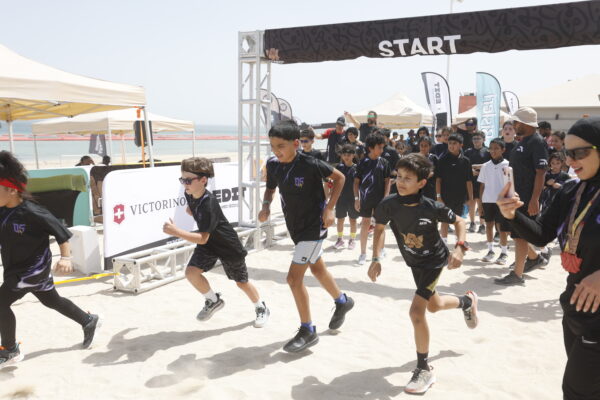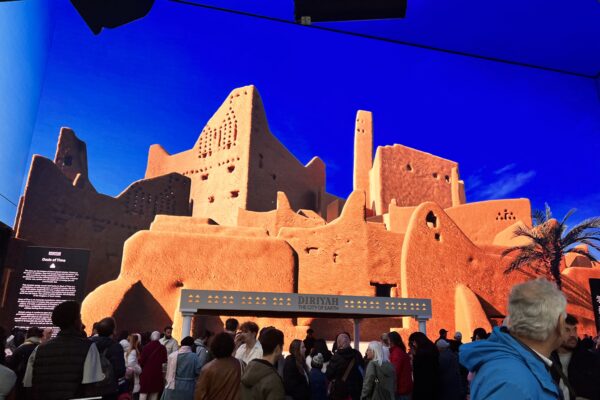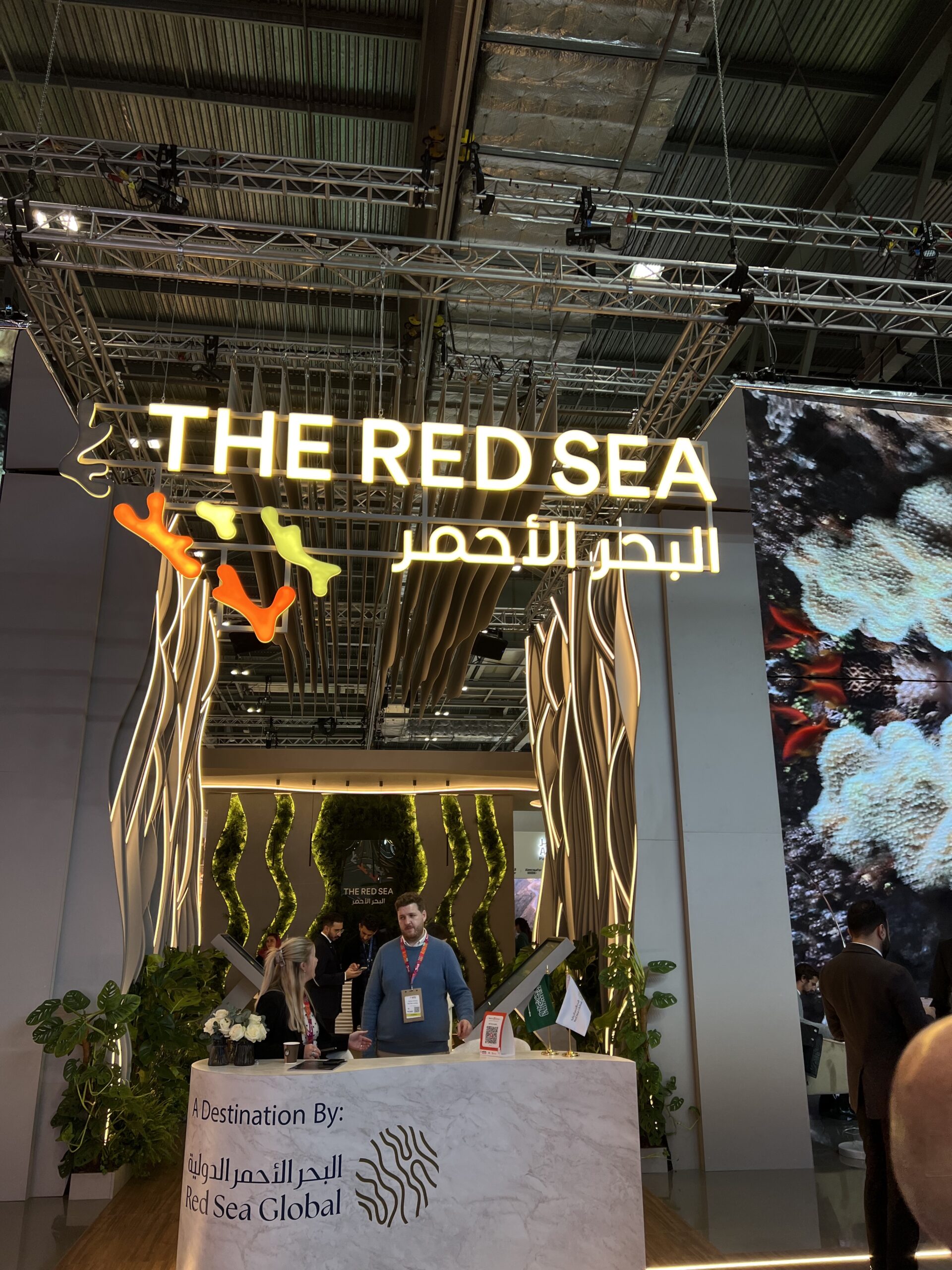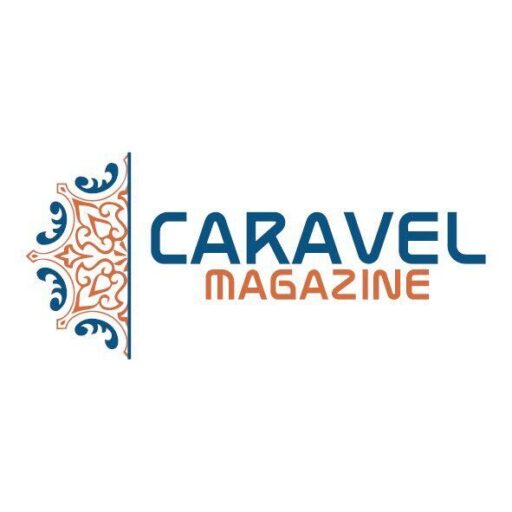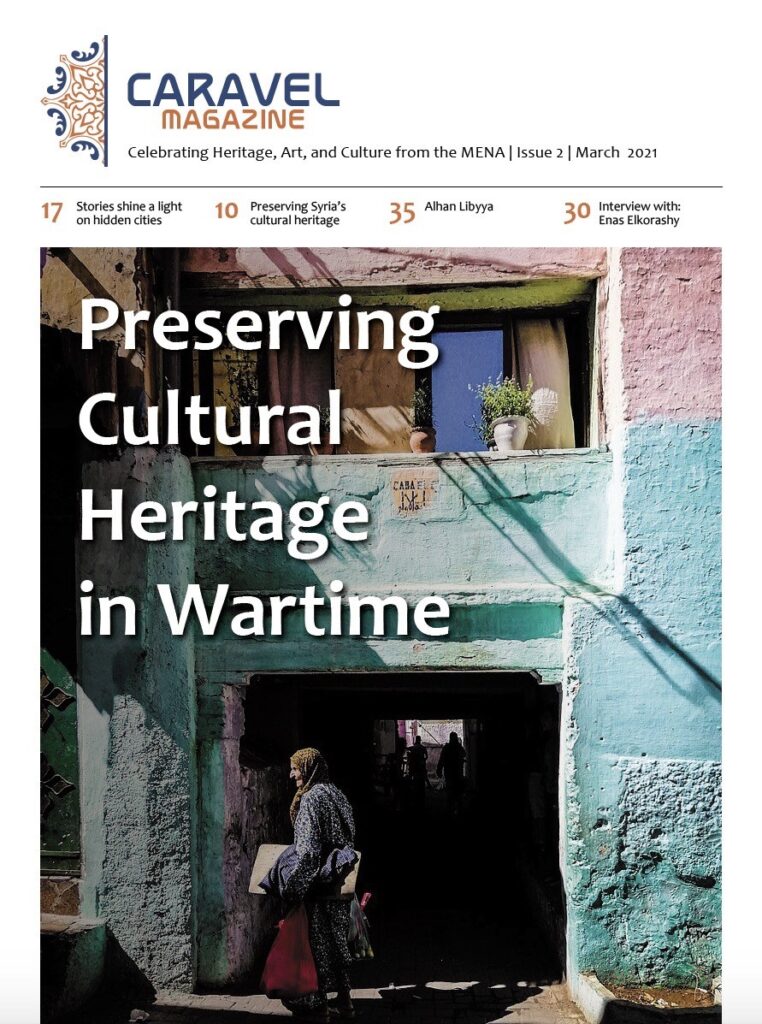Words and images by Dr Kawa Amin
A Journey of Family and Friends
I’ve never been the type to believe in superstitions, especially those surrounding Friday the 13th. But in June 2025, that date brought an unexpected twist to our carefully planned family vacation.
Our family—myself, Kawa, a 52-year-old physician and academic who cherishes culture and reading; my wife Huda, 42, a spirited traveler who values companionship and joy; and our daughter Mariam, Mariam, who adores her aunt Zainab and is easy-going with people of all ages, was content as long as her cousins Taleen and Soleen joined. “Okay, if I’m with my auntie and my friends, I don’t mind being in Erbil for Eid,” she smiled. “Don’t forget my Eidi—I’m expecting a piece of jewellery from Kurdistan.”
Everything was set until I received a painful email from Qatar Airways: Flight 086 had been cancelled.
“No! What about work? Mariam’s school?” I sighed.
The Spiritual Start: Arrival in Erbil
We began our journey on Thursday, June 5th—Day of Arafah—with a flight to Erbil, the ancient and vibrant capital of the Kurdistan Region. We fasted that day, embracing its spiritual significance. The atmosphere in the city was serene, filled with the echo of prayers and a quiet anticipation of Eid.
We settled into my father’s home in the city centre. The heat of summer was intense, yet the city’s charm was intact. Everyone was busy preparing for Eid.
Eid al-Adha in Full Bloom
On Eid day, we attended the prayer at a grand mosque with Ottoman architecture and mosaic tiles. The sermon was in Kurdish, followed by a heartfelt Arabic supplication. The topic focused on family unity and support for fellow Muslims and don’t forget those in need in your dua’a – supplication”
I wore my Kurdish attire and felt immersed in the moment, exchanging greetings with friends and strangers alike. Later, we gathered for a large family lunch—over 60 of us came together, sharing laughter, food, and heartfelt conversation. The women’s side was filled with joyful chatter and engagement.
Exploring Duhok: Nature and History
On the second day, we headed to Duhok, a picturesque city nestled between the Zawa and Gara mountains. The hotel was clean and welcoming. We toured the city, admired Duhok Lake, and explored the ancient Charesteen Zoroastrian cave.

With my friends Dashti and Lawan, we embarked on a cultural tour. We visited Lalish Temple, the sacred Yezidi site with its distinctive pyramidal domes, and learned its profound history from Kak Mansor, the temple guard.

We also explored the Tomb of Prophet Nahum in Alqosh, a site sacred to Muslims and Christians alike.
Family Picnic and Injury
Back in Duhok, we joined a family picnic with over 30 relatives. Children splashed in the pool, vine trees shaded our meals, and conversations flowed. In a moment of youthful ambition, I tried a sport activity and injured my hip. Despite the pain, I delayed treatment until our return to Doha.
Muna, a recent medical graduate, asked about opportunities in Qatar. I explained the pathway to Hamad Medical Corporation. With another relative, we discussed medical trade possibilities in the region.
The Citadel and Choman
Returning to Erbil, we visited the Erbil Citadel—an ancient urban settlement believed to have been continuously inhabited for over 6,000 years. Its ochre-colored bricks, labyrinthine alleyways, and historical divisions into Serai, Takyai, and Topkhana reflect a complex, rich heritage. The entire city was in the citadel before it expansion to the plateau surrounding during the period of Atabeg Kokebri.

Our final scenic escape took us to Choman, a town in the Mount Helgurd. We stayed in cosy cottages, surrounded by lakes and mountain air. Despite the warm June sun, we found moments of serenity, meditation, and togetherness.

When Everything Changed
Just when we were ready to return home, the early hours of Friday, June 13th, arrived.
A message from Qatar Airways: “Your flight has been cancelled.”
That same day, news spread: the U.S. advised diplomats to evacuate. Israel had bombed Tehran’s nuclear facilities, and Iran retaliated with rocket strikes. Streets in Erbil are filled with military presence.
Our anxiety grew. Huda fell ill with gastritis—possibly from local dairy, exhaustion, and stress. Driving to a neighbouring country wasn’t possible until she recovered.
We evaluated options:
- Drive to Turkey: long wait at borders, multiple flights.
- Taxi to Jordan: a 16-hour journey.
- Taxi to Kuwait: long, but manageable. It is over 1000 Km distance.

We chose Kuwait. Meanwhile, Huda’s illness became a family medical issue. Tests were run, antibiotics prescribed, and everyone got involved.
Borders, Bureaucracy, and the Long Road Home
On June 17th, we drove to Baghdad and stayed at the elegant Hotel in Al-Jadriya. I took Mariam on an emotional tour of my childhood neighbourhood in Al-Mansour—revisiting schools, homes, and memories.
Baghdad’s nightlife buzzed. Ice cream lines at midnight. The city didn’t sleep.
The next morning, we headed south to Basra. Huda felt better, thanks to pantoprazole. I played tour guide, pointing out historical and cultural landmarks—especially Uruk, believed to be Prophet Ibrahim’s birthplace.
We reached Basra and enjoyed a rich breakfast by the Shatt al-Arab river, soaking in the calm before our next challenge. The restaurant was part of the museum in a road dated back 1920s style of Shenasheel.

From Basra, we drove to Safwan, crossing into Kuwait. Iraqi immigration was smooth. Kuwaiti entry was not. We waited over six hours for on-arrival visas amid a crowd of Iraqis, Iranians, and Bahrainis.
Our Kuwaiti driver was impatient and opportunistic. He abandoned us for another customer.
Fortunately, Kuwaiti officers were kind and offered refreshments. In the waiting room, I met Kamal, a Feyli Kurd from Iran. Expelled in the 1980s, he returned to visit a sick brother. We exchanged stories of displacement and resilience.
Eventually, we boarded a cramped bus driven by a cautious driver who needed multiple permissions to move. Passengers delayed us with last-minute toilet breaks.
Finally cleared, we rushed into a private taxi who raced us to Kuwait International Airport—speeds between 140 and 160 km/h.
Miraculously, we caught our flight. At 1:30 AM, we landed in Doha—exhausted but safe.
“I guess we had a lifetime experience,” Mariam said. “One week of vacation by choice, another week by force.”
“Perhaps this is life,” I replied. “Full of surprises. But if there’s one thing I’ve learned—it’s that family cohesion and communication can emerge from any hardship.”
We turned a crisis into culture. A holiday into history. And made memories that will last a lifetime.
*Kawa Amin is a consultant geriatrician and assistant professor of medicine at Qatar University, with interests in healthcare management and education. He holds several notable certifications and has been involved in various educational and academic activities. Dr. Amin has a passion for bridging philosophy and medical science. His work includes two published books:
Frailty outreach ISBN-13 : 978-6139900404
Life, death and Eternity ISBN : B0D4DVR89S

